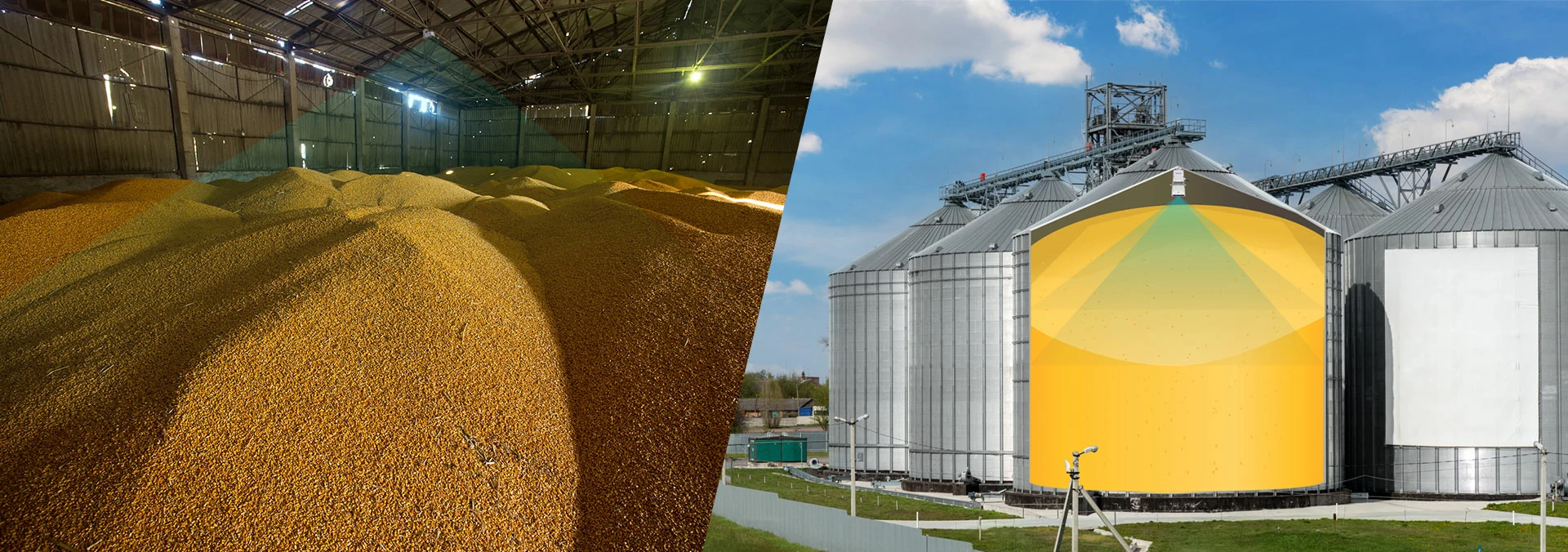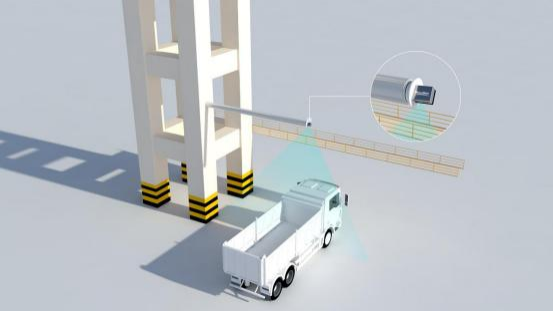
What are Measuring Pool Volume?
Measuring pool volume is an essential task for pool owners and maintenance professionals to ensure proper chemical balance, filtration, and overall water quality. The volume of a pool is typically calculated by multiplying the length, width, and average depth of the pool. This measurement is crucial for determining the amount of chemicals needed for treatment, as well as for estimating water usage and evaporation rates. Regularly measuring pool volume helps maintain a healthy and safe swimming environment for all users.
Why are Measuring Pool Volume Important?
Measuring pool volume is important for several reasons. Firstly, it helps in determining the amount of water needed to fill the pool, which is crucial for maintaining proper water levels and ensuring optimal filtration and chemical balance. Additionally, knowing the volume of the pool is essential for accurately dosing chemicals and additives, such as chlorine and pH adjusters, to keep the water clean and safe for swimmers. Properly measuring pool volume also aids in calculating energy usage for heating and circulating the water, as well as estimating water evaporation rates and refill requirements. In summary, measuring pool volume is vital for effective pool maintenance and operation.
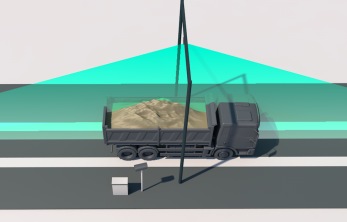
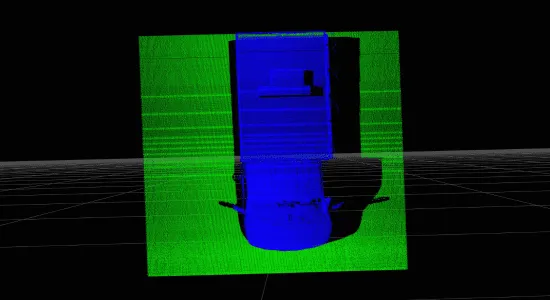
Technologies Used in Measuring Pool Volume
Technologies used in measuring pool volume have evolved over the years to provide more accurate and efficient results. Traditional methods such as manual measurements and calculations have been replaced by advanced technologies like laser scanning, 3D modeling, and computer-aided design (CAD) software. These tools allow for precise measurements of the pool's dimensions and shape, which are essential for calculating its volume accurately. Additionally, underwater cameras and sonar devices can be used to capture detailed images and data of the pool's interior, further enhancing the measurement process. Overall, these technologies offer a faster and more reliable way to determine pool volume, ensuring proper maintenance and chemical treatment.
Recent Advancements in Measuring Pool Volume
Recent advancements in measuring pool volume have revolutionized the way pool owners and maintenance professionals manage their water levels. Traditional methods of manually measuring pool volume, such as using formulas based on length, width, and depth, have been replaced by more accurate and efficient technologies. One notable advancement is the use of 3D scanning technology to create precise digital models of pool shapes and dimensions, allowing for highly accurate volume calculations. Additionally, the integration of smart sensors and automated systems has made it easier to monitor and maintain optimal water levels in pools. These advancements not only save time and effort but also ensure better water quality and overall pool performance. Brief answer: Recent advancements in measuring pool volume, such as 3D scanning technology and smart sensors, have improved accuracy and efficiency in managing water levels and maintaining pool quality.
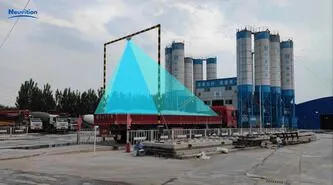
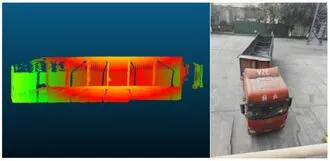
Application Areas of Measuring Pool Volume
Measuring pool volume is a crucial task in various application areas, including swimming pool maintenance, water conservation efforts, and construction projects. In swimming pool maintenance, accurately measuring the volume of the pool helps in determining the right amount of chemicals needed for proper sanitation and balance of the water. Water conservation efforts benefit from knowing the volume of pools to prevent overfilling and unnecessary water usage. In construction projects, understanding the pool volume is essential for designing and building the pool according to specific requirements and regulations. Overall, measuring pool volume plays a significant role in ensuring efficient and effective management of pools in different settings. Brief answer: Measuring pool volume is essential in swimming pool maintenance, water conservation efforts, and construction projects to ensure proper chemical treatment, prevent water wastage, and facilitate accurate design and construction.
Neuvition Volume Measurement Solution
Neuvition offers a comprehensive volume measurement solution designed to meet the needs of various industries, including truck, warehouse, and outdoor pile measurement. Our solutions leverage advanced technologies to provide accurate, reliable, and cost-effective volume measurement data, enabling businesses to optimize their operations and make data-driven decisions.
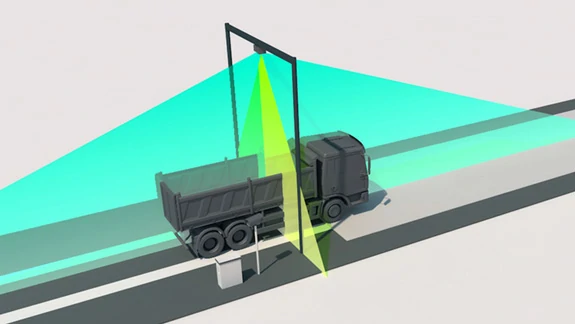
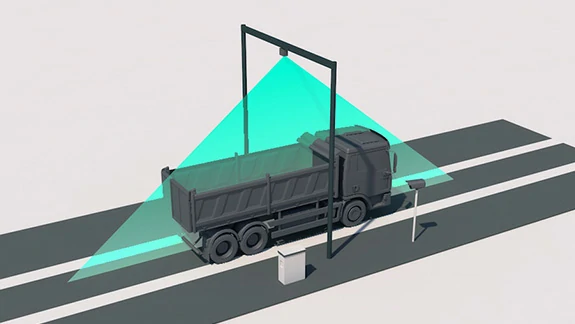
Neuvition Single Line LiDAR Solutions
Neuvition's Single Line LiDAR solutions, including the Titan M1 SL, Titan P1, and Titan W1 with PTZ, are designed to provide accurate and efficient volume measurement in various applications. These solutions combine high-resolution laser scanning with advanced software to deliver precise data and user-friendly interfaces, making volume measurement more accessible and effective than ever before.
FAQ






Contact Us
If you have any questions or suggestions, please leave a message, we will get in touch with you within 24 hours!
